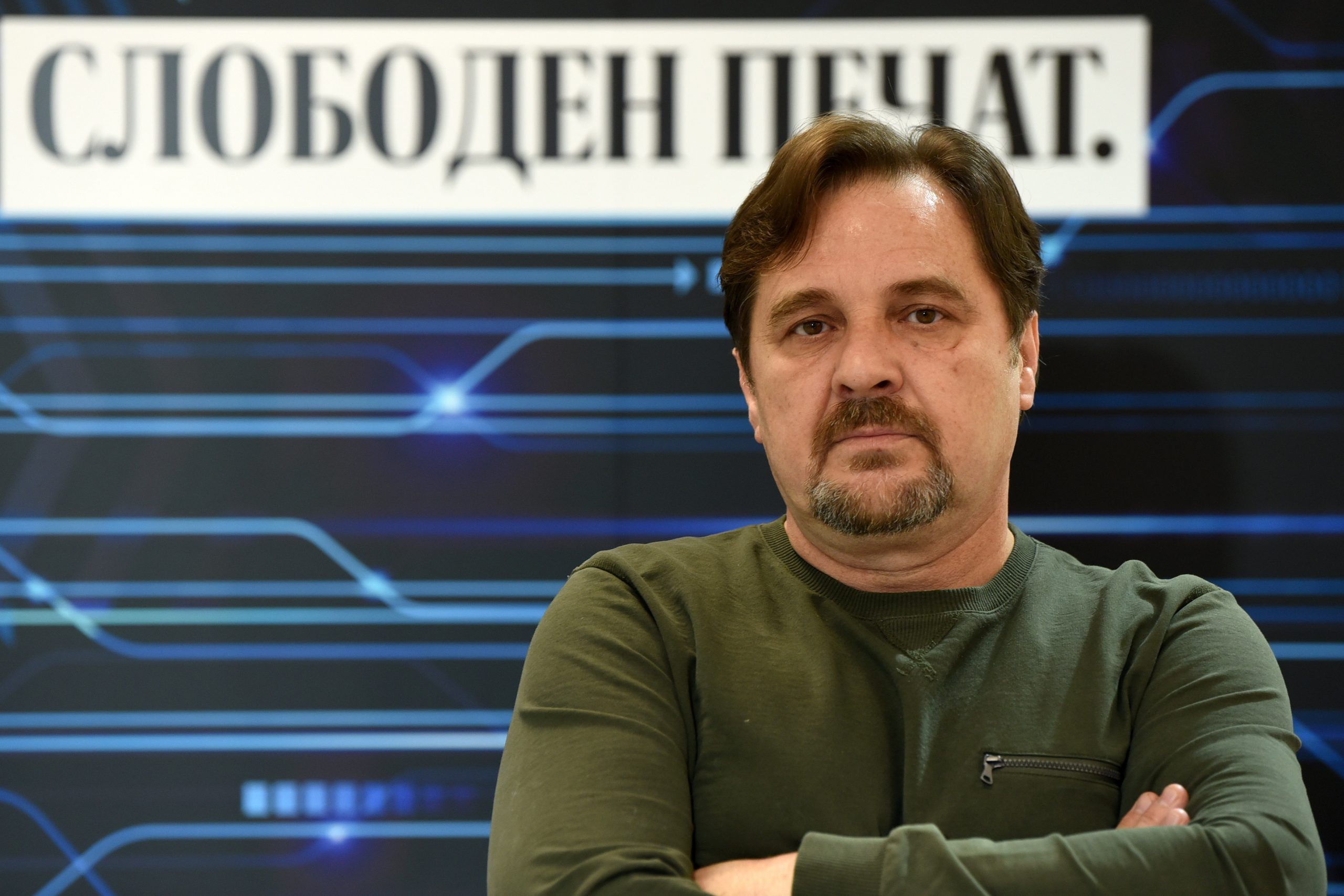Bulldozer with vision

What left the biggest impression on Pardew was his unwavering conviction that the concept contained in the Framework Agreement will bring lasting peace between the communities, the survival of Macedonia and the stability of this part of the Balkans.
Last week in Arlington, Virginia, James Pardew, a senior US diplomat, political strategist and military intelligence officer, died at the age of 77. key characters for Macedonia in dramatic events since 2001. Historians will probably one day say more accurately, but it is not too early to say now that Pardew played a key role in resolving (some would say, managing) the security crisis that followed the armed "uprising" or "aggression" (depending on from the perspective of watching) by the Albanian paramilitary in Macedonia, the so-called NLA / UCK.
Pardew is considered the main architect of the Ohrid Framework Agreement, and a major factor in persuading (pressuring) the warring parties to lay down their arms first and then sign the agreement, no matter how much it was against their will. Undoubtedly, his previous experience in bulldozer diplomacy, as the right hand of Richard Holbrooke during his far more difficult mission in reaching the Dayton Accords for Bosnia and Herzegovina, helped him in that.
Of course, his pressure to sit Macedonian politicians at the green table did not bring him popularity in the Macedonian public. On the contrary, it was perceived as a major exponent of imposing solutions from a position of strength. He was probably not a favorite even in the radical Albanian military structures, which had greater ambitions and expectations from the war they opened against Macedonia, among those who fought for more territory, and not for more rights of the Albanians. But he managed to get both sides to a situation where they did not know if they had won or lost the war, and for a long time they did not even know if they had won or lost at the green table.
What left the biggest impression on Pardew was his unwavering conviction that the concept contained in the Framework Agreement will bring lasting peace between the communities, the survival of Macedonia and the stability of this part of the Balkans. And that concept was, in short, the preservation of a unitary, multiethnic Macedonia, with a "parity" separation of powers on ethnic grounds and elements of consensual democracy. From this perspective, it can be said that this concept has stood the test of time, despite all the complications, difficulties and paradoxes it has brought with it. Of course, in the Balkans it is never too late to tell a success story, but here, 19 years after the war, Macedonia, redefined, shows vitality and capacity to dampen internal tensions on ethnic grounds. The fact that the DUI party, created by the pacification of the NLA military formation, has recently declared a "green rebranding" speaks volumes, explaining that the agenda for gaining more national rights for Albanians is being exhausted, thanks to the Framework Agreement. This message is serious, no matter how comical the idea may seem to you that DUI will now look like "Greenpeace" and will deal with environmental issues and the salvation of the planet Earth.
One of the premises of the Framework Agreement, which Pardew repeatedly reiterated - that "there are no territorial solutions to ethnic issues" - has been seriously challenged in the past, but at the same time has undergone a major reaffirmation. And that with the famous non-paper, whose existence the Council of Europe denied for a few weeks, but last week still acknowledged. The non-paper, the content of which is not published with the explanation that it is "dangerous", contains the exact opposite of the political philosophy of the Framework Agreement: instead of seeking political modalities for peaceful coexistence of different ethnic communities, it requires redrawing borders and states . Whatever the idea of its authors, the effect turned out to be quite the opposite - the European political public united in its condemnation, and the highest and most influential figures renewed the "oath" that there must be no change in the borders of the Balkans! In response, Brussels has seriously returned the focus to the Balkans and EU enlargement as the only effective response to those dangerous ideas. The result was a lively diplomatic activity to remove the Bulgarian veto, which is holding back Macedonia and Albania, and the Belgrade-Pristina negotiations are resuming in Brussels these days.
In one of his last statements, Pardew, otherwise in a mandate and US ambassador to Bulgaria, sharply and without hairs on his tongue commented on the Bulgarian veto on Macedonia. He told the Bulgarians that "the time for harassment of Northern Macedonia is over" and that the veto must be lifted and Macedonia must start negotiations with the EU. If he was right about the Ohrid Agreement, or about the borders, why not prove himself right about the Bulgarian veto on Macedonia?


